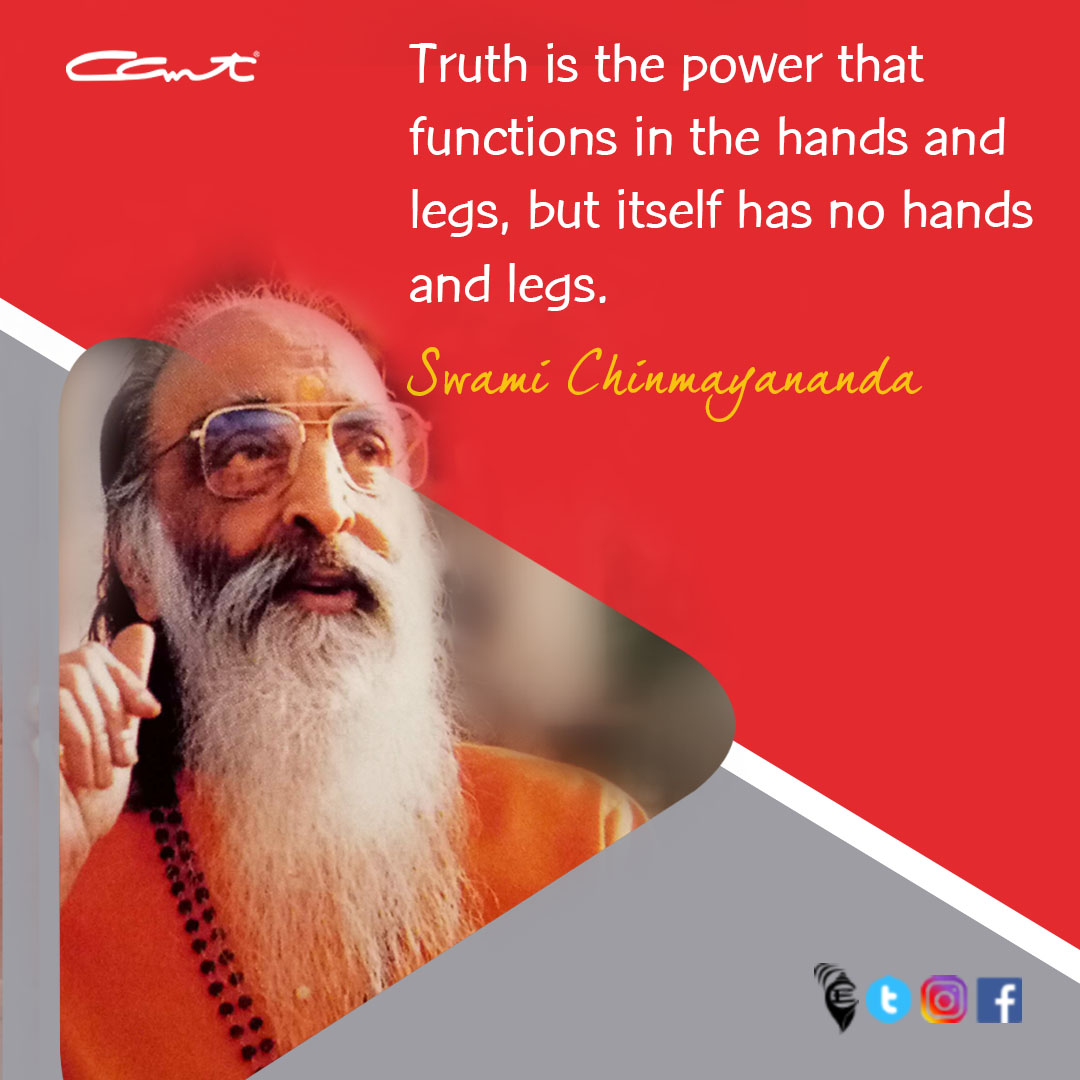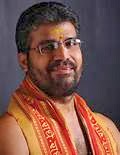The Process of Yoga : 1.6. Swami Krishnananda.
-----------------------------------------------
Wednesday, October 21, 2020. 06:01. PM.
Chapter 1: The Spirit of Life -6.
----------------------------------------------
1.
Nature, creation, is not a social setup, though it has a social form. It is supernormal in its structure. It is also super-moral and super-intellectual, super-scientific and super-logical, ultimately speaking. It is not as we think it to be. All the while we have been under the impression that life is something; but it is not what we think it to be. We are misled even by people whom we observe in life. We develop a sort of relationship with persons under the impression that those people are something, but suddenly there is a change in their nature and we begin to realise, “I made a mistake. I thought this person is like this, but today I learned a bitter lesson. That person has turned a different pose altogether.” We are disillusioned almost every day, and then we become better persons by practical experience. But why do we have to receive kicks and blows in life and then learn? Can we not learn without receiving kicks? Why not learn voluntarily rather than be given a painful kick and be taught the lesson of life? If we will not learn of our own accord, deliberately and voluntarily, we will be taught by a whip and we will have to learn it by the pain of suffering. Mostly we learn by suffering because we are not prepared to voluntarily enter the school of nature's education. Why? Because we are proud of our social work and our social position, and a vanity has crept into our personality without our knowing what is happening. The vanity that spoils our entire career in life is a false notion that we are something worthwhile, while really we have nothing worthwhile in us. While we are hollow and empty within, we pose for something substantial and worthwhile. The truth of the matter is brought to the surface one day or the other. We cannot hide our nature always; the thief is caught one day or the other. Thus, may we gird up our loins to learn voluntarily under the tutorship of nature, under the fatherhood of God rather than be driven to disciplinary action on the part of nature for having not intelligently and honourably allowed ourselves to be educated in a progressive manner. The spirit of life is to be learnt through a process of right education.
2.
Now we are on the borderland of the real problem before us. We are on the portals of the great university of nature. We have not yet entered it. We have just seen the notice board, as it were: The University of Nature. We are seeking admission into it. And our primary and essential qualification is a humility of character and an inward admission of the fact that we need to be educated rather than go with the vain and false assumption that we are already educated. Then we shall be admitted into this school or university of nature; and we shall be taken care of beautifully, as a mother would take care of her child.
3.
This university is a place of teaching and training, and also a hostel where we can dwell. It is everything combined. We shall be beautifully trained, provided we are humble and obedient children; and there will be no dearth of teachers. Teachers will flow from all sides when the disciple, the student, is ready for the career of training.
But preconceived notions have to be shed first because a person who already knows things, or thinks that he already knows, cannot be taught anything. It is necessary to accept the position of a disciple and a student needing education, requiring to be trained and disciplined in the school of life.
4.
In our day-to-day experience we come to realise that something is wrong somewhere, though we have not been able to find out what is really wrong. The fact that something is not all right comes to the surface of our experience when we experiment with things. We have to confront persons, problems and duties of various types every day in our life. And when we do our experiments with these facts, we find that something is essentially wrong somewhere because things do not go as we expect them to go. We do not always succeed in life. Mostly we are failures. We are given a rebuff from every corner of our experience and we return disappointed, not knowing what has happened – why we should have failed in spite of our having put forth our best effort. Mostly we complain that we have done everything within our capacity, so how is it that we have failed in our attempts? Why have things gone so badly? Why should we be in this miserable state of affairs in spite of our having honestly tried from the standpoint of the best of our knowledge and power? Well, we might have done our best, but it is not enough if we merely do our best. Our best has to be done properly, in the right manner. The technique of doing is more important than the amount of doing. What is the use of saying we have done a lot? Have we done it properly? The mistake lies here. It may be that we have all done a lot in this world, but very few might have done it properly, in the right spirit, in the right manner, knowing its technique.
To be continued .....
===============================================================






Comments